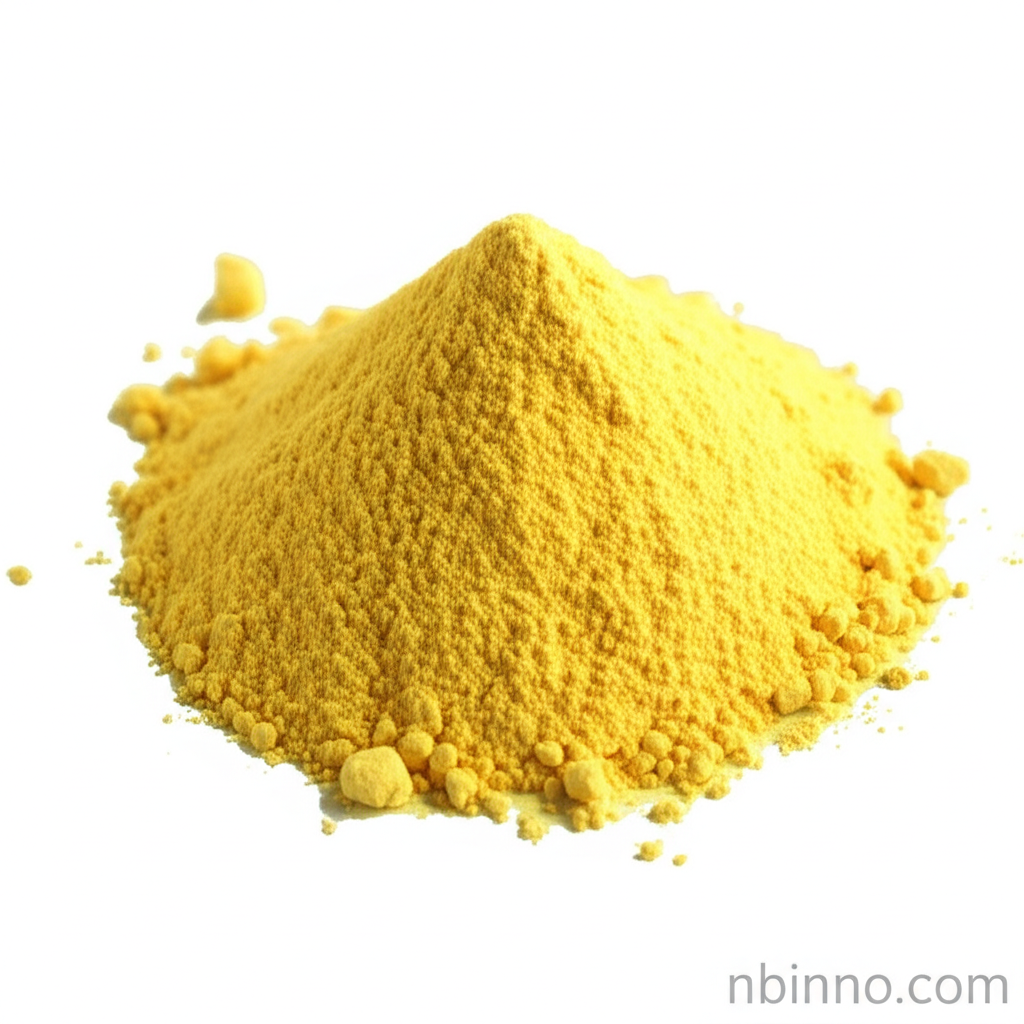Retinoic Acid: Unlocking Its Potential in Medicine and Skincare
Explore the vital roles of Retinoic Acid in development, health, and therapeutic applications.
Get a Quote & SampleProduct Core Value

Retinoic Acid
Retinoic acid, a key metabolite of Vitamin A, is indispensable for a wide array of biological processes. Its primary functions span from critical roles in embryonic development, guiding anterior-posterior axis formation through Hox gene regulation, to maintaining immune function and male fertility in adults. Its therapeutic potential is significant, being utilized in dermatology for treating conditions like acne, photoaging, and pigmentary disorders due to its ability to increase cell turnover and collagen production. Furthermore, its application in cancer therapy, particularly for Acute Promyelocytic Leukemia (APL), showcases its capacity to induce cell differentiation.
- Discover the crucial roles of retinoic acid in embryonic development, influencing cell differentiation and gene expression to pattern the body's axis.
- Understand how retinoic acid benefits adult immune function and male fertility, highlighting its systemic importance beyond development.
- Learn about the dermatological applications of retinoids, where retinoic acid uses extend to treating acne by preventing clogged pores and increasing skin cell turnover.
- Explore the potential of retinoic acid cancer treatment, specifically its efficacy in inducing differentiation for conditions like Acute Promyelocytic Leukemia (APL).
Key Advantages
Developmental Signaling
Retinoic acid acts as a morphogen, crucial for regulating cell differentiation and patterning during embryonic development, influencing processes via Hox genes.
Skin Health Enhancement
In dermatology, retinoids like retinoic acid are instrumental in treating acne, reducing wrinkles, and improving skin texture by boosting collagen and cell renewal.
Therapeutic Potential in Oncology
The retinoic acid cancer treatment applications, particularly in inducing differentiation for leukemia, underscore its role in advanced medical therapies.
Key Applications
Medicine
As a metabolite of Vitamin A, it is vital for immune function and male fertility, and is a key component in various pharmaceutical applications.
Dermatology
Widely used to treat acne, photoaging, and pigmentary disorders, with retinoic acid uses in improving skin texture and appearance.
Cancer Therapy
Effective in treating specific cancers like Acute Promyelocytic Leukemia by inducing cell differentiation, a critical aspect of its therapeutic profile.
Cosmetics & Skincare
Its anti-aging properties and ability to promote cell turnover make it a popular ingredient in high-performance skincare formulations.
